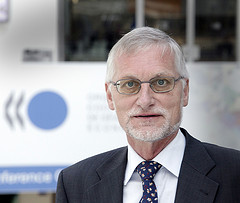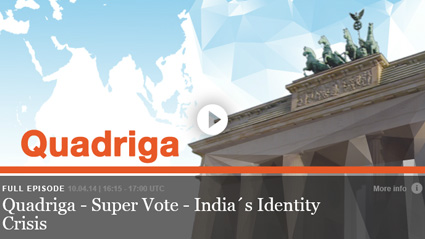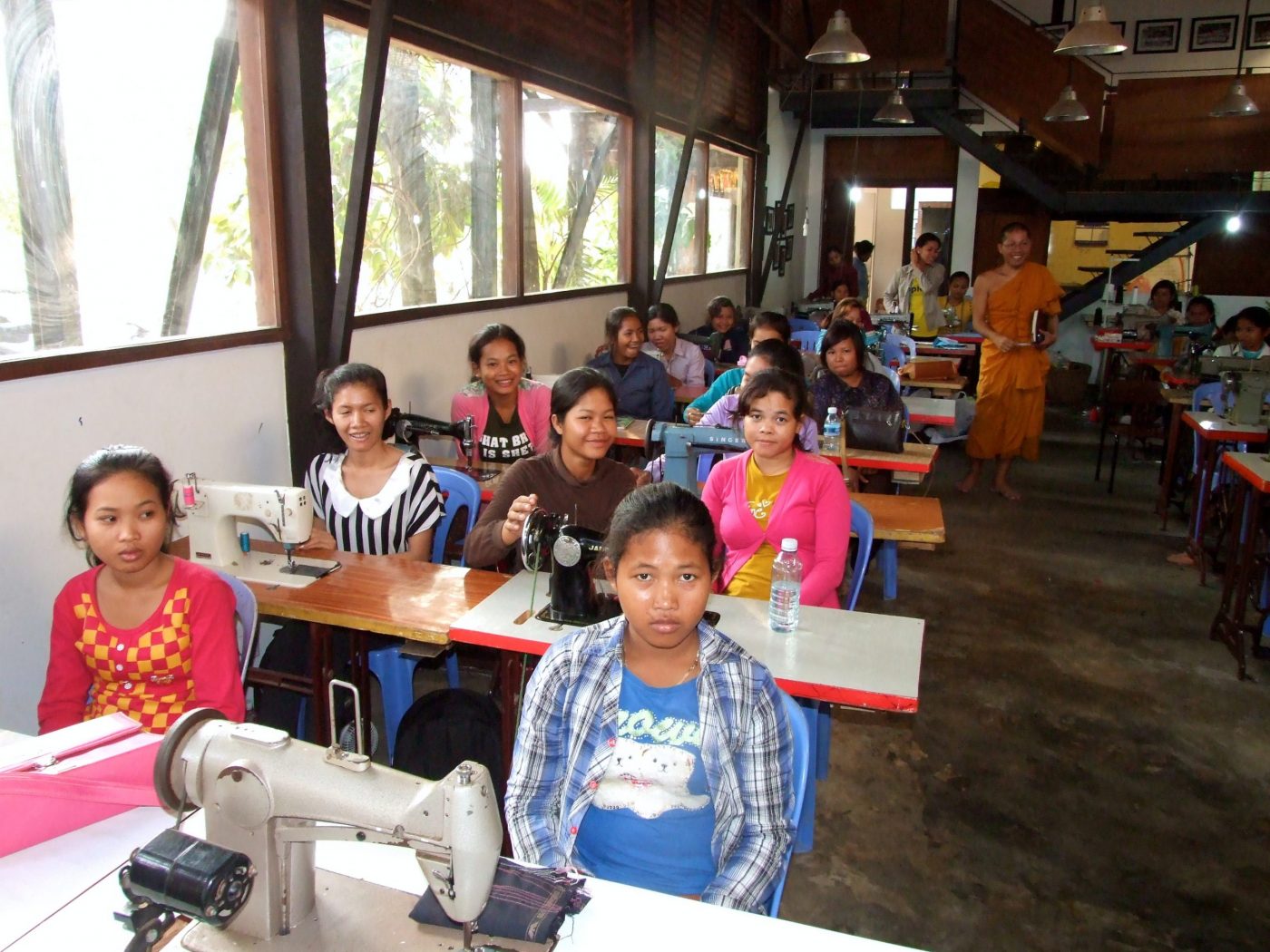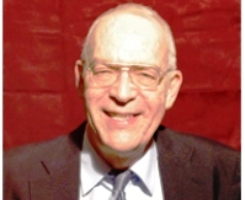By Kalinga Seneviratne* | IDN-InDepth NewsAnalysis
COLOMBO (IDN) – Rejecting the resolution passed at the UN Human Rights Council (UNHRC) on March 27 to mount an ‘independent’ international investigation into alleged human rights violations in Sri Lanka, President Mahinda Rajapkase said that Sri Lanka would continue with its own reconciliation process that was started after the Liberation Tigers of Tamil Eelam (LTTE) was defeated in May 2009.
The resolution, which was adopted by 24 votes to 12 with 12 abstentions, has been described by the government as a lop-sided vote where most of those voting for it were Europeans. “The EU votes as a block and the US had more than a dozen votes already in the bag while we started with none,” Rajapakse pointed out in a meeting with foreign media representatives in Colombo.






